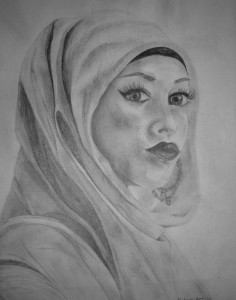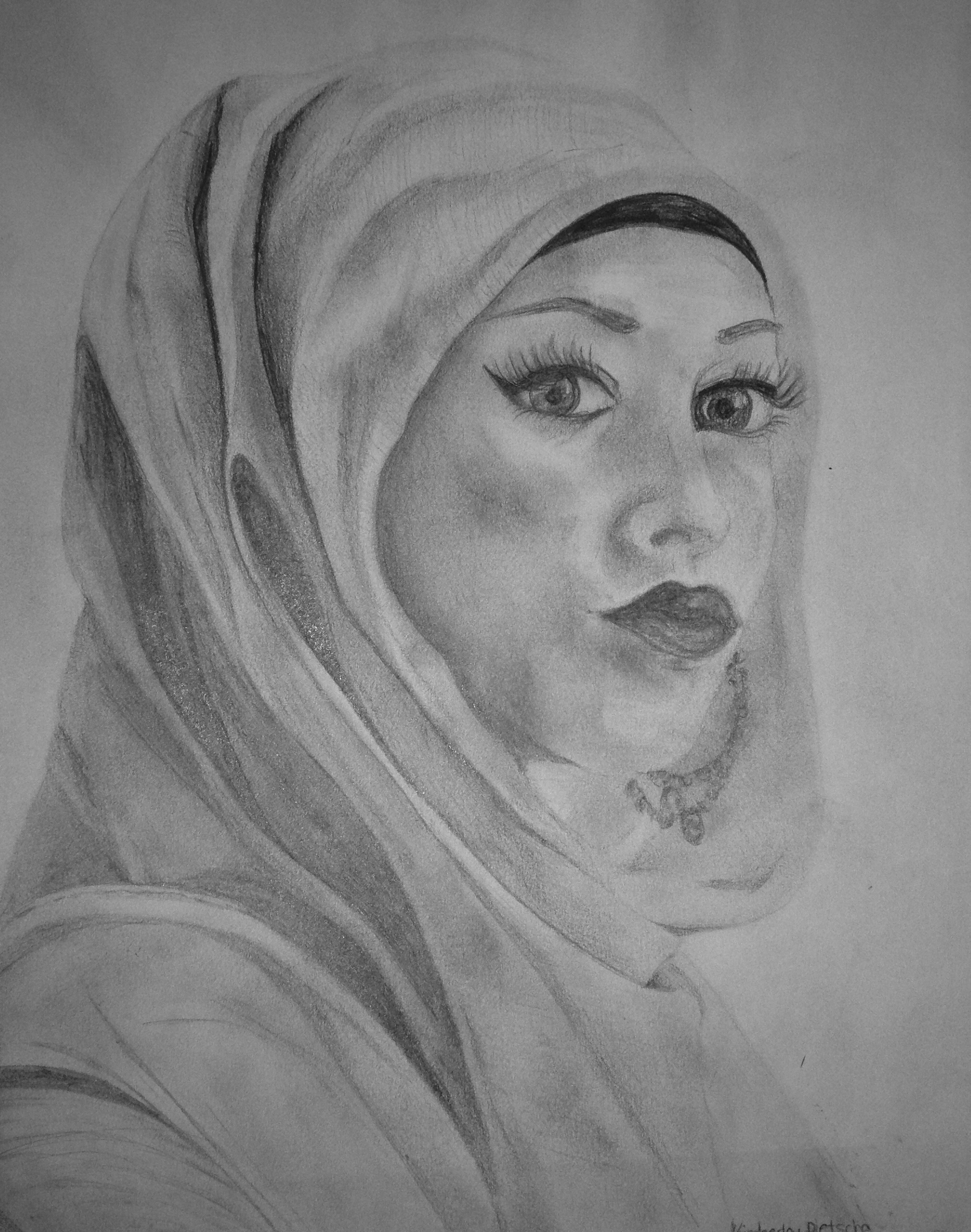
Prime Minister Stephen Harper stands against the notion of Canadian women wearing a face veil during the oath of citizenship. His comments on the niqab have triggered a social media storm.
Harper’s recent infamous claim that the niqab represents an anti-women culture raises racial concerns, states Dr. Shahnaz Khan, Laurier professor of women and gender studies, who has researched and given lectures on Islam Culture and Society in Waterloo.
Many Canadians, Muslim and non-Muslim, are posting pictures and mocking Harper’s offensive comments with the hashtag #DressCodePM.
“Why are they so obsessed with the veil?” Prof. Khan asks, appalled at Harper’s comments. “It’s awful,” she said, explaining how the stereotypes on the Muslim culture have created an “Islamophobic environment” in Canada.
There are several different reasons as to why Muslim women wear a face veil.
“Out of a hundred women that wear a face veil, only a few are actually forced to wear it,” she said. She believes that Canadian women will not take off their veil because that stands against their faith.
As a matter of fact, after their daughter has her first period, some Muslim parents tell them to cover their hair in a hijab or cover their face and hair, only leaving their eyes revealed, in a niqab.
“This is religiously mandated,” Prof. Khan confirmed. She believes that some Muslim women feel like “they need to wear” it, while others simply choose to.
A common way to motivate Muslim women to wear a face veil is to compare them to objects that need to be hidden in order to stay worthy.
Safa Youness, a first-year Laurier Brantford student, states that candy is one of them.
“In a bowl full of wrapped candy, you’ll find one that is unwrapped, which one will you choose to eat?” she asked, feeling upset about the comparison used by many in her culture. “Are they really equating women to candy, saying that the uncovered woman is dirty?”
Youness started wearing a hijab when she turned 11 because her mother told her to.
“The scarf stands as a token, showing everyone that you are Muslim,” Youness said, explaining that it comes with the assumption that women with hijab or niqab do not drink, smoke or have sex before marriage.
“You are not doing what everyone else does,” she said, adding that she has thought of taking her hijab off which she says is common for some of the women who feel societal burdens.
“There is too much pressure,” she said, explaining that she puts on makeup and dresses like a “Canadian”.
Laurier Brantford student Ayiah Yassin chooses to cover herself. She believes that it stands for “modesty”. It does not hinder Yassin from living a normal life but she notices that the scarf makes her stand out.
“People look at me,” she said. She seeks support from her family when it becomes too hard.
Youness is aware that it is a very “controversial topic” but asking a woman to take her hijab off “isn’t right”. Every Muslim woman has her own personal reasons as to why she is wearing a hijab or niqab.
Both Youness and Yassin represent two different groups of women: one who are expected to wear the hijab and another who choose to.
Canadian women who wear a niqab or hijab have more “options”, said Prof. Khan, who believes this country’s “economic status” allows Muslim women to become independent. She points out that this clearly does not mean that they will turn their back on their religion.
Prof. Khan said that the belief that if “you removed the veil, you would see a naked woman” is very common in Muslim communities.
Part of the reason why Canada is known for its free and open culture is because everyone can technically choose for themselves whether or not they want to wear a niqab or hijab.
“Who is to decide what Muslim guidelines are?” Prof. Khan asked. She said that people need to focus on the consequences of the “obsession with the veil” rather than asking women to simply take it off.




